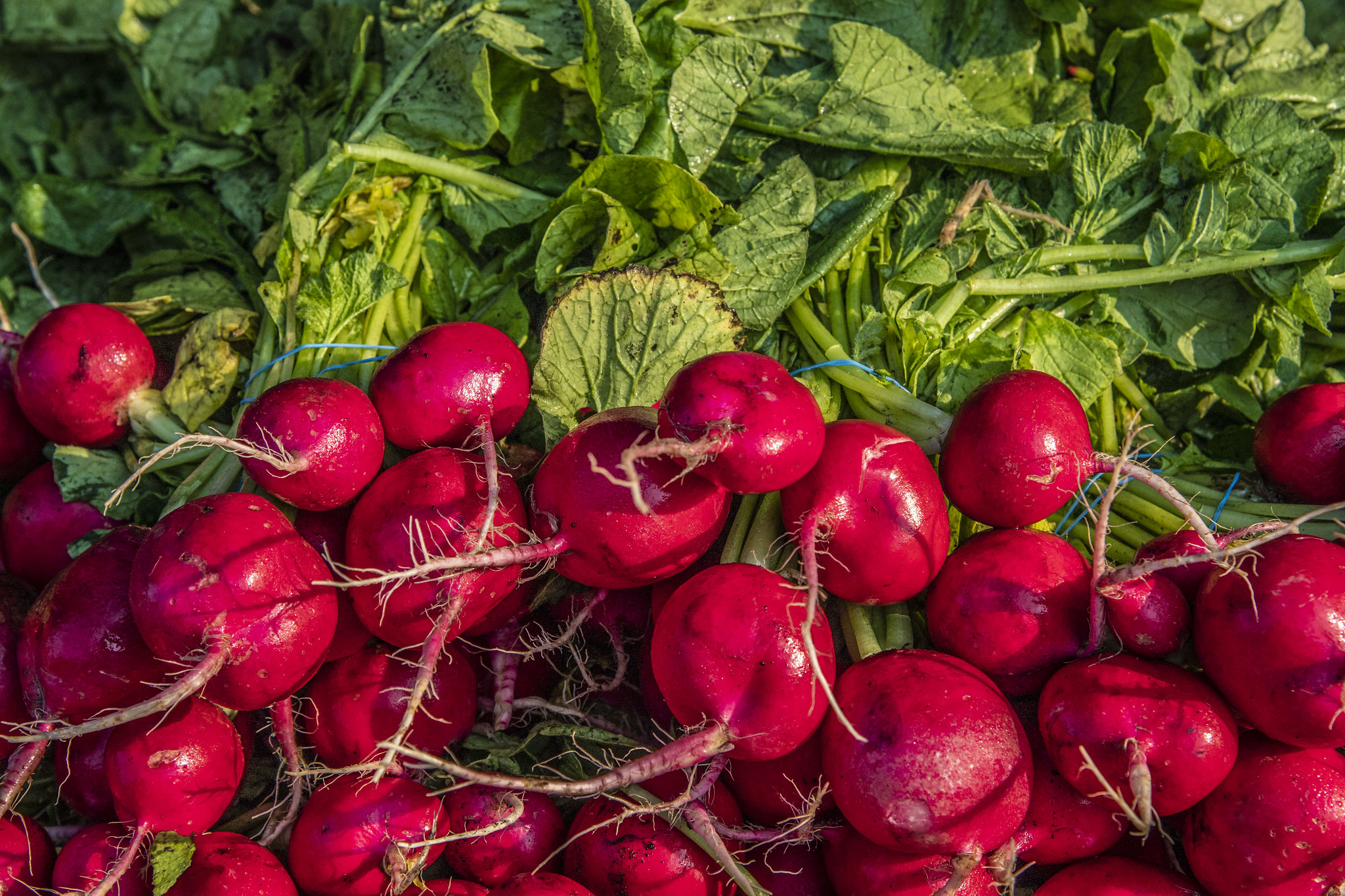Crops
 The effects of climate change on crop production will vary by region, and will largely be a factor of impacts on resources important to agricultural production, such as soil and water.
The effects of climate change on crop production will vary by region, and will largely be a factor of impacts on resources important to agricultural production, such as soil and water.
Soils provide a wide variety of ecosystem services, including regulating carbon through sequestration and providing a structure to support crop plants. Erosion of soil, the primary source for soil particles to leave agricultural fields, may increase in certain areas of the U.S. due to climate change. Some areas of the country will experience less rainfall, causing soils to dry out. Combined with higher winds, this may lead to higher rates of wind erosion. Other areas may experience more intensive rainstorms, which can increase erosion rates by washing out stream banks, for example. Other factors affecting soil erosion that may increase or decrease due to climate change include changing irrigation needs, snowmelt patterns, soil erodibility, conservation practices, and topography.
Continue to the full text Croplands in a Changing Climate or browse related content:
-
Bolstering Extension-Climate Hub Partnerships in the Midwest
The U.S. Department of Agriculture has invested in new Cooperative Extension and USDA Climate Hubs partnerships to…
-
Adaptation Resources Workbook for California Specialty Crops
As California faces the effects of a changing climate, agricultural production will be challenged and its specialty…
-
Empowering Kenyan Agriculture with Solar-Powered Cold Storage
USDA and North Carolina State University collaborated on two projects on solar-powered cold storage in Kenya.
-
USDA-EU DG AGRI Collaboration Platform on Agriculture
USDA and the European Union Directorate-General for Agriculture and Rural Development have agreed upon the 2023 work…
-
Fertilizer-Use Efficiency and Fertilizer Alternatives in Brazil
Increasing fertilizer-use efficiency and find alternatives to chemical fertilizer, both to reduce reliance on imported…
-
Solar-powered drip irrigation and soil health in Tanzania
The International Institute of Tropical Agriculture established 8 model farms in mainland Tanzania and in Zanzibar to…
-
Strengthening Climate Smart Agriculture in Central America
Building inclusive, climate-smart competitive private-sector horticultural value chains to strengthen resilience to…
-
Building Knowledge on climate variables for Ethiopian coffee producers
USDA aims to build knowledge around climate variables and various agronomy best practices as well as build the capacity…










